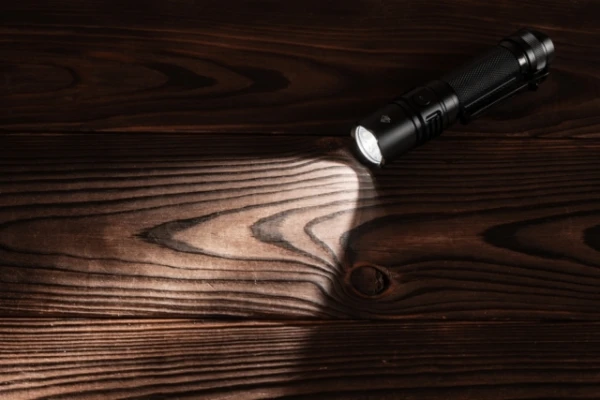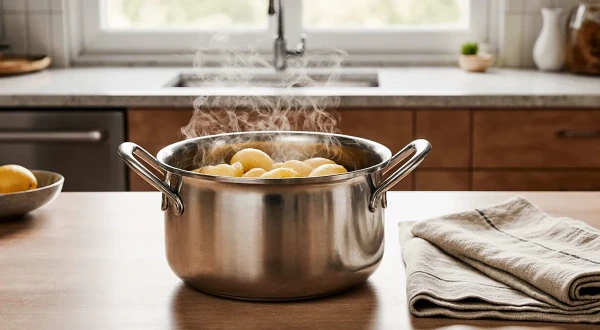
Many people, especially the elderly, note painful sensations in their joints with changes in the weather. However, this problem can also affect the youth. Why this happens and how to cope with it is explained by rheumatologist, PhD Elena VYSTAVKINA.
How Does Weather Affect Joints?
- Patients visiting a rheumatologist sometimes become true "barometers," as they can predict weather changes based on the condition of their joints. Some feel the approach of windy weather, while others sense rainy weather. At the same time, people who do not experience joint pain do not react to weather changes. What is the reason for this? Usually, already inflamed joints react to the weather. When the weather changes, atmospheric pressure fluctuates, which can affect the pressure of intra-articular fluid. Inflammation in the joints is always accompanied by swelling, pain, limited mobility, and puffiness. Therefore, a joint that already has incorrect and non-optimal pressure is more likely to respond to changes.
What to Avoid
Under no circumstances should you use heat compresses, heating gels, ointments, or pepper patches. This can lead to increased swelling and, consequently, increased pain. In the worst case, you may suffer a skin burn.
On days when the weather changes, try to minimize physical activity. If it is impossible to avoid exertion, use knee pads, but not bandages. Incorrect wrapping of a bandage can lead to thrombosis.
How to Alleviate the Condition?
First of all, it is necessary to determine the cause of joint pain. Weather is not the cause, but merely a trigger. Asymptomatic pyelonephritis (kidney inflammation) is often found in elderly people. This means that inflammation may be present, but the person does not feel it. If a person suffering from joint pain gets up at night to go to the bathroom twice or more, it may indicate problems with kidney function. In this case, tests should be done. It is also worth paying attention to dental issues, chronic tonsillitis, otitis, and acute intestinal infections. Against the background of chronic diseases, the risk of joint problems increases.
To alleviate the condition of the joint, any gel with anti-inflammatory effects can be used. Apply it to the painful area, but do not rub it in. There is a trick: the more we rub, the more gel remains on our fingers rather than on the skin. The gel can be applied up to 3-4 times a day. However, if there are any skin damages or wounds, it is better to refrain from using it. The main thing to remember is that periodic joint pain requires consultation with at least a therapist.













